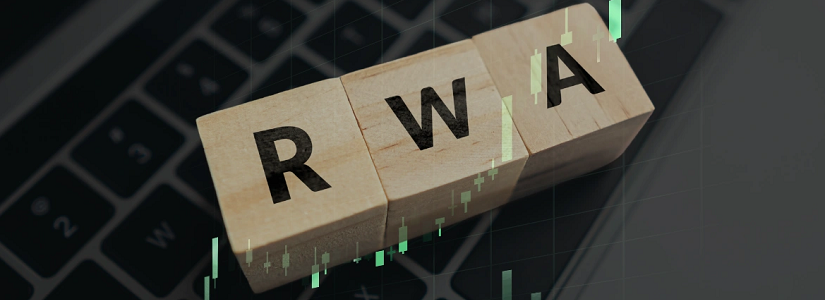TL;DR
China’s securities watchdog, the China Securities Regulatory Commission (CSRC), has reportedly advised several local brokerages to pause their real-world asset (RWA) tokenisation business in Hong Kong, according to sources familiar with the matter. The guidance highlights Beijing’s careful and measured approach toward overseas digital asset operations while allowing the sector to mature under regulated conditions.
RWA tokenisation converts conventional assets like stocks, bonds, funds, and real estate into blockchain-based digital tokens. Over recent months, multiple Chinese financial institutions have launched such innovative products in Hong Kong, seeking to leverage the city’s emerging digital asset ecosystem. At least two leading brokerages have received informal instructions from the CSRC to refrain from conducting RWA business abroad, as regulators aim to strengthen risk management and ensure underlying assets are fully legitimate.
Hong Kong has been actively positioning itself as a digital asset hub. Authorities, including the Financial Services and Treasury Bureau (FSTB) and the Hong Kong Monetary Authority (HKMA), are reviewing RWA tokenisation regulations, drawing from global experience. This coincides with local stablecoin initiatives and rapidly growing investor interest in yield-generating blockchain products. Chinese brokerages like GF Securities and China Merchant Bank International have already introduced RWA-backed digital products, attracting notable market attention.

Despite China’s cautious stance following the 2021 cryptocurrency ban, the sector continues to draw strong enthusiasm abroad. Shares in firms entering virtual asset markets in Hong Kong have surged, reflecting investor optimism. State-owned Guotai Junan International saw shares jump more than 400% after regulatory approval for crypto services, while Fosun International rose nearly 28% on its RWA-related engagements with Hong Kong authorities. Analysts note that these developments underscore the growing appetite for innovative blockchain-based financial products despite mainland regulatory limits.
The CSRC, HKMA, and FSTB have not provided immediate comment. The Securities and Futures Commission of Hong Kong also declined to respond, leaving the timeline for the CSRC’s guidance unclear. Meanwhile, the global RWA market is expected to expand significantly, with forecasts projecting values exceeding $2 trillion by 2030, reflecting a rapidly evolving opportunity for advanced digital finance innovation.
Also read: Plasma Launches Plasma One, a New Stablecoin-Native Neobank